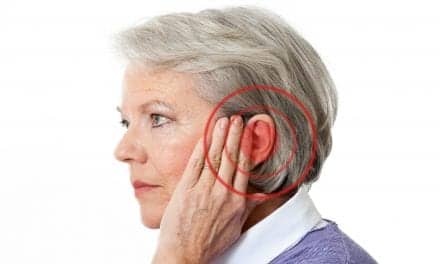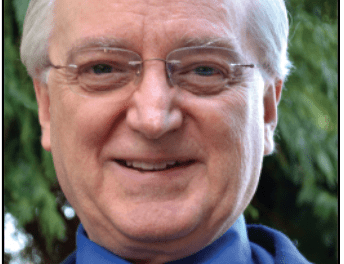Buffalo, NY – State University of New York at Buffalo (UB) researchers are highlighting a new drug therapy that eliminates tinnitus with a single dose in animal models, as well as other advances, at the Fifth Tinnitus Research Initiative Conference.
Sponsored in part by UB’s Center for Hearing and Deafness, the reportedly sold-out conference is titled "The Neuroscience of Tinnitus," and is being held August 19-21 in Grand Island, NY.
A UB press release stated that top tinnitus researchers and clinicians from the United States, Europe, Canada, and Asia will attend the conference, which is co-sponsored by the Tinnitus Research Initiative at the University of Regensburg, Germany.
Edward Lobarinas, PhD, assistant research professor of communicative disorders and sciences, will present work showing that two potassium ion channel modulators, called Maxipost and R-Maxipost, completely eliminated behavioral evidence of tinnitus in animals with drug-induced tinnitus. However, further research is needed to determine if these compounds suppress other forms of tinnitus.
Other UB researchers will present work on how hearing loss early in life affects sound tolerance, how the amygdala in the brain may influence the generation of tinnitus, and how the auditory cortex in the brain of animal models is affected by the disorder.
Other topics to be covered include evaluating effective strategies for assessing tinnitus; various treatments, such as cochlear implants, electric acoustic stimulation, and sound therapy; how light affects tinnitus; as well as scientific advances on the physiological, neurochemical, and biological mechanisms that cause tinnitus.
"The best tinnitus investigators in the world will be here," said Richard Salvi, PhD, chief conference organizer and head of UB’s Center for Hearing and Deafness. He also said that the growing number of combat veterans with tinnitus will be a significant topic at the meeting.
In addition to the Office of Naval Research, the conference is sponsored by the Department of Communicative Disorders and Sciences in the UB College of Arts and Sciences, as well as the UB School of Medicine and Biomedical Sciences.
Corporate and foundation sponsors include the Tinnitus Research Initiative, the American Tinnitus Association, Merz Pharmaceuticals, Auris Medical, Med-El Corp, General Hearing Instruments Inc, Widex International, Tucker-Davis Technologies, and Sleep Pillow.




